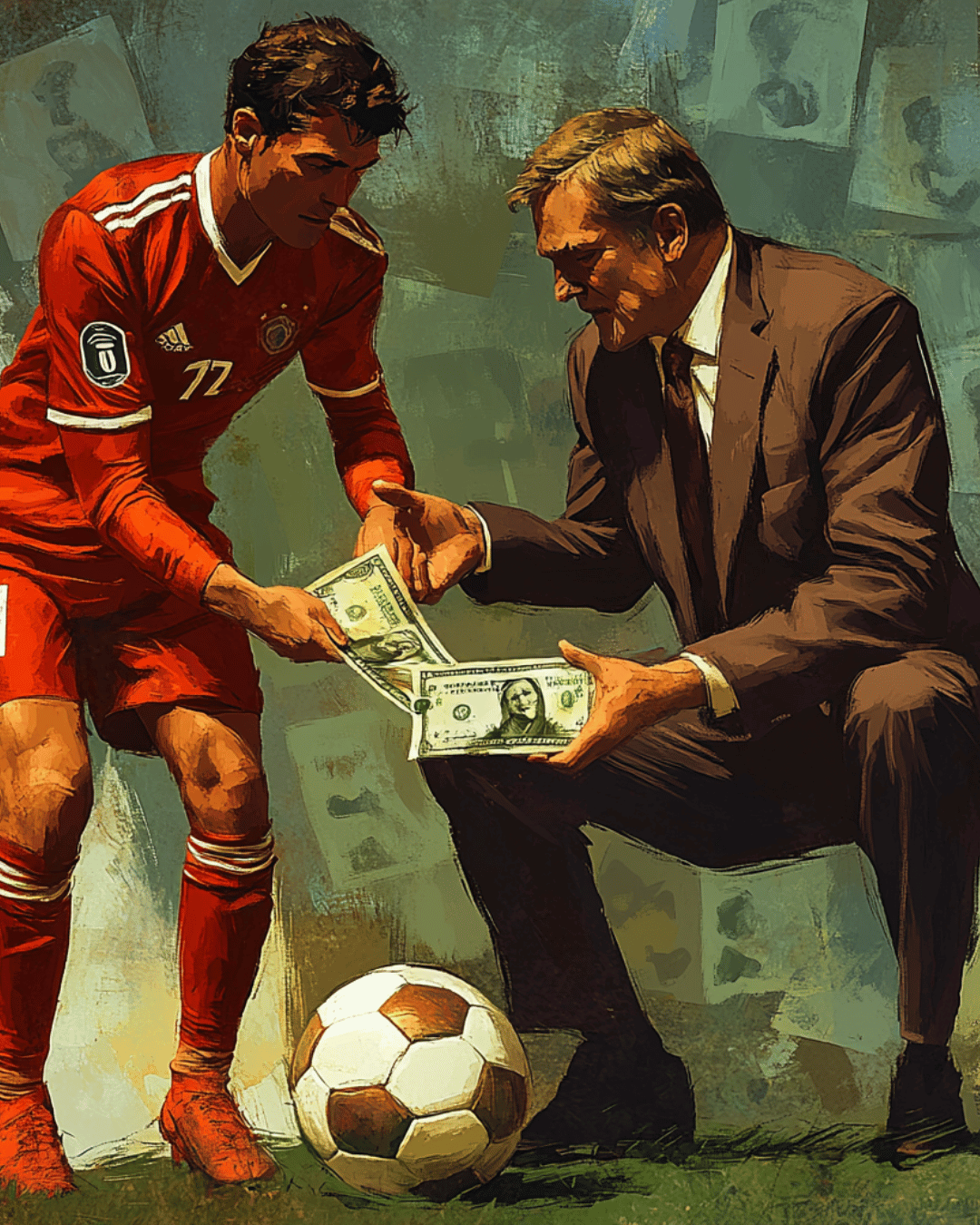How doping in football got started
The use of drugs in football, like in many other sports, has a long and troubled history. Drugs that improve efficiency have been used since the early 1900s. But it wasn't until the second half of the century that the subject got a lot of attention.
During the 1960s and 1970s, there were some doping cases in football, but they were often overshadowed by scandals in track and field and cycling. In the 1980s and 1990s, people became more aware of doping and anti-doping groups were formed. This led to stricter testing and high-profile incidents in football. Even with these efforts, doping stayed a hidden issue, with some players and teams still looking for illegal ways to improve their performance.
FIFA's Doping Rules for Football
FIFA, which runs football around the world, has strict rules against do. These rules are meant to protect the integrity of the sport and make sure that all players have the same chances to win. The most important parts of FIFA's rules against drugs are:
- Substances and Methods That Are banned: FIFA follows the list of substances and methods that are banned by the World Anti-Doping Agency (WADA). This list is updated every year and includes a wide range of drugs, including anabolic steroids, hormones, beta-2 agonists, stimulants, opioids, and more.
- Tests: FIFA does tests both during and after games. At any time, players can be tested, and samples are checked for illegal drugs. A lot of the time, testing is done at random, but it can also be planned around recent trends in a players ability and performances.
- Sanctions: Players who are caught doping could face harsh punishments like suspensions, fines, and even lifetime bans in some cases. It depends on what was used, how it happened, and whether it is a repeat crime to decide how harsh the sentence should be.
- Education and Prevention: Another priority for FIFA is education and prevention. They work with teams and national federations to teach players about the risks and consequences of doping.
How much doping there is in football
Even though doping in football may not happen as often as in other sports, it is still a big problem. WADA's yearly reports say that fewer negative analytical results have been made in football than in other sports. However, the fact that there are cases shows that the problem is still there.
For example, in a recent study, about 1% to 2% of all the negative results found in all the games that were looked at were related to football. This means that there are dozens of bad tests every year, which impacts players, teams, and the games' image.

Case Studies of Football Players Banned for Doping
Several well-known events show how bad doping is in football.
Diego Maradona: Argentine star Diego Maradona is involved in one of the most famous doping cases in football history. Maradona was not allowed to play in the 1994 World Cup because he tested positive for ephedrine, a banned stimulant. This scandal ruined his great career and brought attention to the ongoing problem of doping in sports.
Adrian Mutu: In 2004, while playing for Chelsea, former Romanian player Adrian Mutu tested positive for cocaine. He was banned for seven months and was finally let go by the club. This case brought attention to the bigger problem of drug use for fun and the effects it has on professional sports.
Samir Nasri: In 2018, former French player Samir Nasri was banned for 18 months for getting an IV treatment that broke WADA's rules on drip use. The doping case showed how complicated the laws are and how important it is for players to know about the drugs and methods they use.
Paul Pogba: Paul Pogba, the former Juventus player, was banned for four years by Italy's National Anti-Doping Tribunal (TNA) after testing positive for DHEA in August 2023. The case shows how important it is for athletes and their support staff to be very careful when taking supplements and using alternative treatments so they don't break the World Anti-Doping Code or the anti-doping rules of their governing body.
Punishments For Doping
Doping in football can lead to big fines, which shows how serious the sport is about being honest. Some common punishments are:
- Suspensions: Players who are caught doping could be banned for anywhere from a few months to a few years, based on how bad the offence was.
- Fines: Players who are suspended may have to pay fines that have a big effect on their ability to make money.
- Removing Titles and Records: If cheating is found out after the fact, players and teams could lose their titles or records.
- Rehabilitation Programs: Players may have to go through rehabilitation programs to deal with dependency problems.
The Next Steps for Doping in Football
The war against doping changes along with sports. More advanced testing methods are now possible thanks to progress in science and technology. This makes it harder for players to use illegal drugs without being caught. There are also actions that try to stop doping before it happens, like more education and awareness campaigns.
Unfortunately, doping will probably still be a problem because people want to improve their ability. To keep football fair, the sport's governing bodies, teams, and players must continue to work together. If we want to keep football fair and competitive, we need stricter rules, ongoing teaching, and a commitment to clean sports.
In short, doping in football is a complicated issue with a long past. A lot of success has been made in stopping doping, but there are still problems. Knowing the rules, the effects of doping, and the ways to stop it helps us understand how important it is to protect football's integrity.










